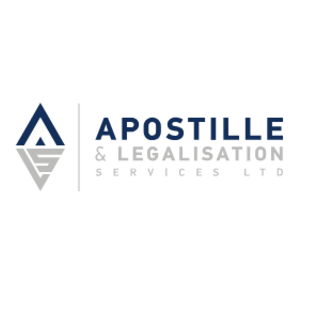Legalization here refers to the process of certifying a document or documents so they would be recognized by a foreign country’s legal system. In order to be accepted as authentic, a signature, seal, or stamp on a public document must first be “legalized” in the UK. Before enabling a UK document to be used for official purposes in another country, foreign authorities frequently require legalization.
Document Legalization Requirements:
Document Legalization Requirements are the documents that must have a Notary Public’s signature and seal to attest to The authorities that the required checks have been made.
We need the UAE Embassy legalisation documents to be further validated by the British Foreign and Commonwealth Office because they are the only organization permitted to offer an Apostille the official certificate attached to the document in the UK and attest to the validity of the notary’s signature and seal.
The Ministry of Foreign Affairs’ legalization office does not certify documents produced in other countries. The country that issued the document must legitimize it. Legalization does not guarantee that the content of the document is accurate or true. The authorities have the right to verify a document’s legality if necessary. If you need to use a foreign document in any area, find out if it needs to be legalized. The authority making the request for the paper can provide more information on this.
Legalization is permitted by the Apostille Convention
If the country from which your document originates has ratified the Apostille Convention, the authorized authorities there must authenticate it with an Apostille. Usually, the Ministry of Foreign Affairs is often in charge of this each and every procedure. Documents bearing an apostille are always recognized by all of the signatory countries to the Apostille Convention. The Apostille Convention’s list of participating countries is available for a better understanding.

